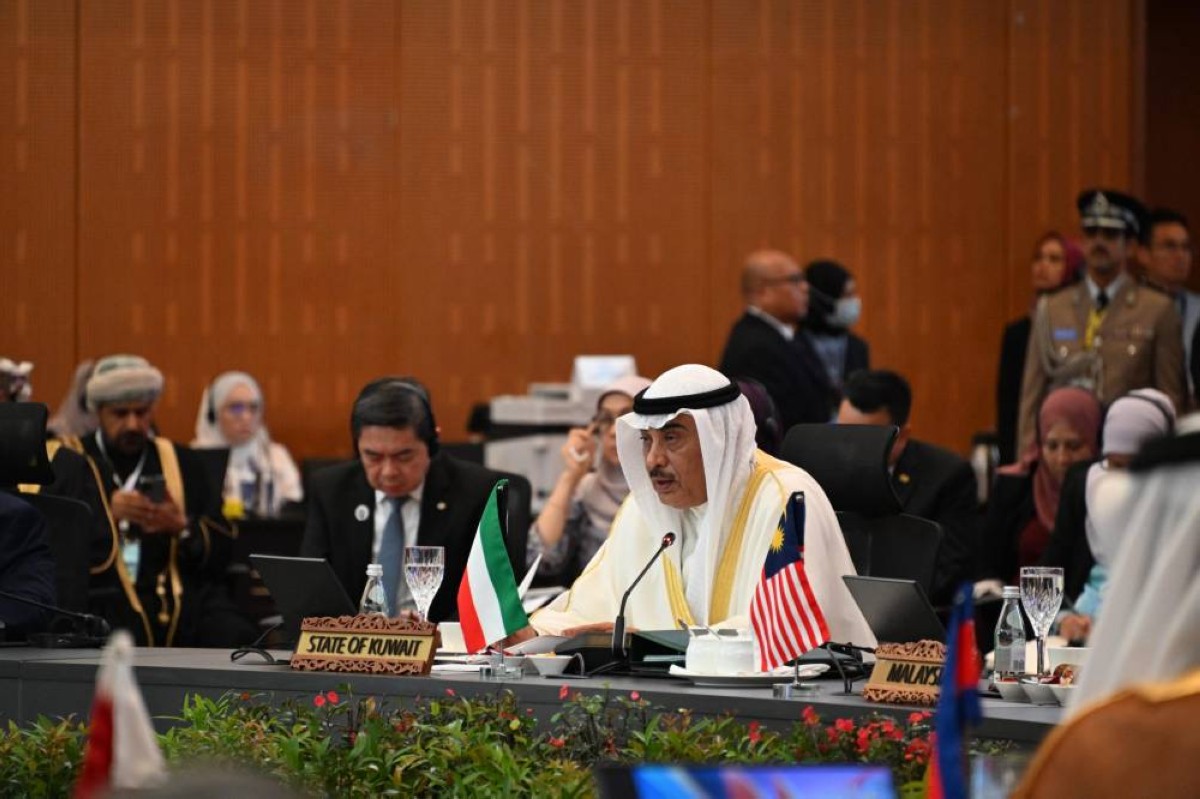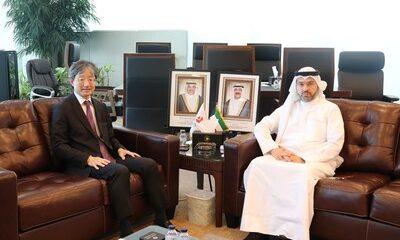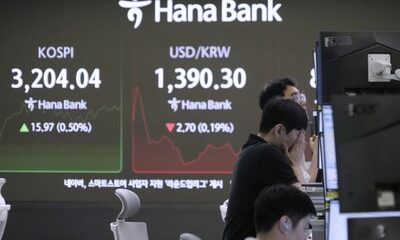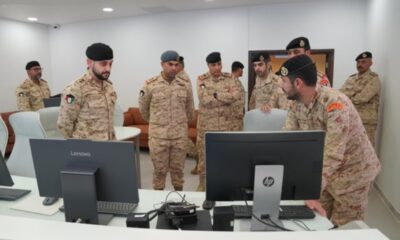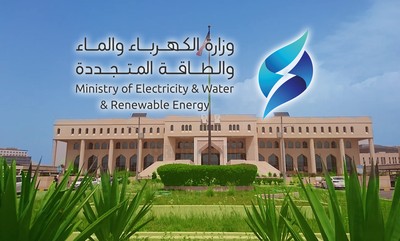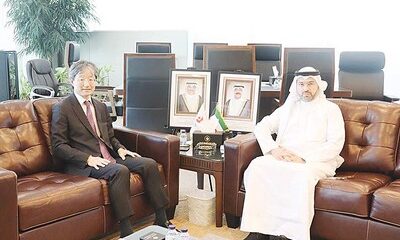KUALA LUMPUR: In a historic gathering marked by shared ambition and expanding ties, leaders from the Gulf Cooperation Council (GCC), the Association of Southeast Asian Nations (ASEAN), and China convened, Sunday, in Kuala Lumpur for a trilateral summit aimed at strengthening strategic cooperation across key sectors.
The summit was co-chaired by Representative of His Highness the Amir Sheikh Meshal Al-Ahmad Al-Jaber Al-Sabah, His Highness the Crown Prince Sheikh Sabah Khaled Al-Hamad Al-Sabah, Malaysian Prime Minister Anwar Ibrahim and China’s Prime Minister Li Qiang.
In his opening address, His Highness Sheikh Sabah Khaled Al-Hamad Al-Sabah conveyed the greetings of His Highness the Amir of Kuwait and expressed hope that the summit would mark a pivotal step in building a deeper, more resilient trilateral partnership. He extended sincere gratitude to the Malaysian government for its hospitality and excellent summit arrangements.
“This is more than a diplomatic engagement, it is a clear expression of our collective recognition that today’s world demands multilateral cooperation grounded in integration, sustainable development, and mutual respect,” His Highness stated. He noted that the summit comes at a time of profound global shifts, economic uncertainty, and urgent environmental and geopolitical challenges. In this context, GCC-ASEAN and GCC-China relations have matured into robust partnerships rooted in mutual benefit, institutional collaboration, and long-term planning.
His Highness highlighted previous milestones such as the first GCC-China Summit in Riyadh in 2022 and the inaugural GCC-ASEAN Summit in 2023, which laid the groundwork for today’s trilateral cooperation. “This summit is a natural evolution of those efforts, a gateway to a new dynamic phase of collaboration between three of the world’s most vibrant and economically vital regions,” he said.
He emphasized the importance of ongoing frameworks, including the Joint Action Plan for Strategic Dialogue with China (2023-2027) and the Strategic Cooperation Framework with ASEAN (2024-2028). These documents, he noted, provide comprehensive roadmaps for deepening cooperation in renewable energy, advanced technology, education, healthcare, artificial intelligence, and scientific research.
His Highness pointed to strong economic indicators underscoring the vitality of these relationships, saying that in 2023 trade between the GCC and China reached approximately $298 billion. While foreign direct investment (FDI) flows between the two amounted to $19 billion and trade with ASEAN also exceeded $122 billion, he added that these figures reflect a “genuine momentum that deserves further expansion.”
He urged renewed efforts to finalize the Free Trade Agreement between the GCC and China, ease trade barriers, and expand investment flows.He also advocated for the strengthening of the ASEAN-GCC-China Economic Forum as a platform for innovation and joint ventures in areas such as infrastructure, green energy, and the digital economy.
“Our central place in the global economy, combined with our human and natural capital, places a shared responsibility on us to craft integrative policies that ensure food and water security, drive clean energy development, and support innovation and sustainability,” he remarked.
His Highness laid out five key pillars for deepened trilateral cooperation, including trade and investment integration, energy and food security, advanced technology and digital transformation, cultural, educational, and health cooperation, and a unified international stance.
Turning to regional crises, His Highness addressed the “ongoing humanitarian catastrophe” in Gaza and the occupied Palestinian territories. He reaffirmed the GCC’s support for the Palestinian cause and called for an end to the aggression, the protection of civilians, and the resumption of a genuine peace process based on international law and the Arab Peace Initiative.”We deeply appreciate the positions taken by our friends in ASEAN and China in support of the Palestinian people,” he said.
On Syria, he welcomed recent positive developments and reiterated GCC support for efforts that uphold Syria’s sovereignty and unity, aiming to restore stability and dignity to its people. Concluding his remarks, His Highness called for effective follow-up mechanisms to translate summit outcomes into concrete programs that benefit people and economies of all participating nations.
“Let us ensure this summit is not merely a statement of intent, but a launchpad for tangible progress. Our partnership deserves nothing less than success and prosperity,” he concluded. The trilateral summit was widely hailed as a landmark event with far-reaching implications for regional cooperation, economic growth, and political coordination across Asia and the Gulf. – KUNA


